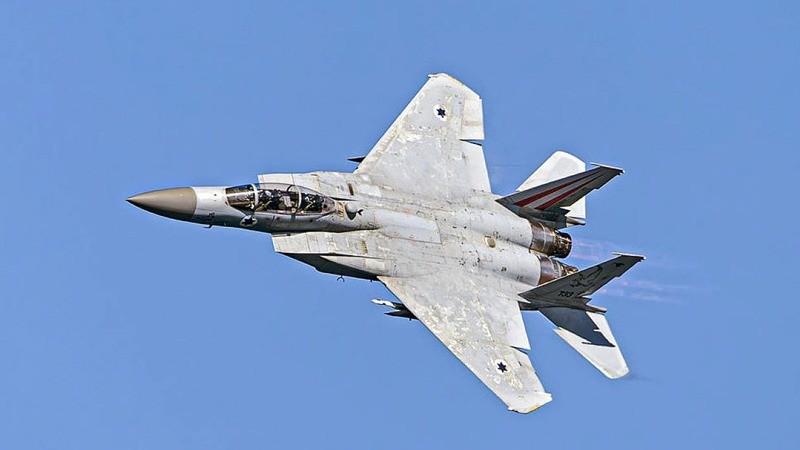
Tehran has firmly warned Gulf Arab states that allowing the use of their airspace or military bases for actions against Iran would be "unacceptable" and would prompt a response, according to a senior Iranian official.
This message comes amid rising concerns over potential Israeli retaliation following last week's Iranian missile strike. Iran's Foreign Minister, Abbas Araqchi, traveled to Saudi Arabia and other Gulf countries for talks on Wednesday.
These discussions follow a meeting between Iran and Gulf Arab nations at an Asia conference in Qatar last week, where Gulf states sought to assure Iran of their neutrality in any conflict involving Israel.
"Iran made it clear that any action by a Persian Gulf country against Tehran, whether through the use of airspace or military bases, will be regarded as an act by the entire group, and Tehran will respond accordingly," the senior Iranian official said.
The official emphasized the need for regional unity against Israel and highlighted the importance of maintaining stability. The message also conveyed that any assistance to Israel, such as allowing the use of a regional country's airspace, would be unacceptable.
Meanwhile, U.S. President Joe Biden is expected to hold a call with Israeli Prime Minister Benjamin Netanyahu to discuss potential strikes on Iran. Washington is hoping to weigh in on whether such actions are appropriate. Biden previously mentioned he would consider alternatives to attacking Iranian oil fields if he were in Israel’s position, but he has stated he would not support strikes on Iran's nuclear facilities.
Tehran did not discuss the issue of Gulf oil producers increasing output if Iranian production were affected by escalations. However, reports last week suggested Israel could target Iranian oil production as retaliation.
The Organization of Petroleum Exporting Countries (OPEC), led by Saudi Arabia, holds enough spare oil capacity to offset any loss of Iranian supply if Israeli actions damage the country's facilities. Iran has not directly threatened Gulf oil facilities but has warned that "Israel supporters" who intervene could see their regional interests targeted.
While Saudi Arabia has improved relations with Tehran in recent years, tensions remain. The kingdom has been cautious about potential strikes on its oil facilities since a 2019 attack on the Abqaiq refinery, which briefly halted over 5% of global oil supply, though Iran denied involvement.
During a recent meeting in Doha, Iran stressed the importance of regional unity in the face of any Israeli attack and noted it would closely monitor Gulf states’ responses, especially regarding the use of U.S. military bases stationed in their countries.
Bahrain, Kuwait, Qatar, Saudi Arabia, and the United Arab Emirates all host U.S. military facilities or troops.
North Korea to Sever Transport Links with South Korea Amid Rising Tensions
Israeli Military Confirms Killing of Senior Hezbollah Commander in Beirut Strike
AUKUS Alliance Makes Waves: Remote Naval Control from 10,000 Miles!